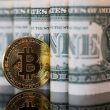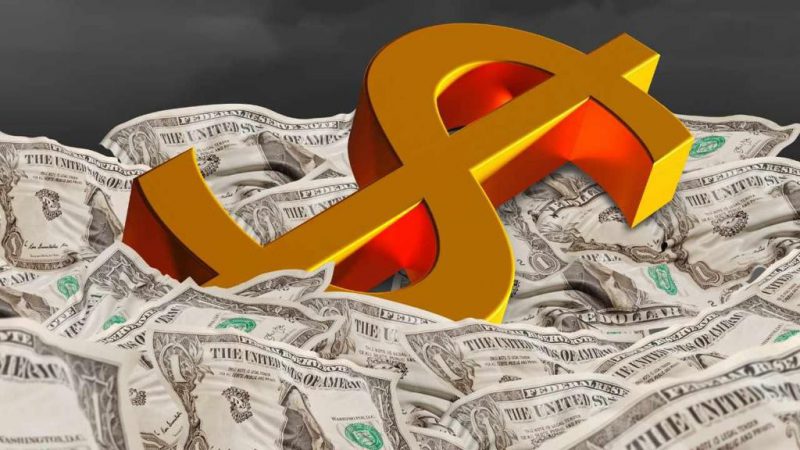The U.S. economy is facing uncertainty as analysts predict a recession is looming during the second half of 2024. Inflation, jobs, and skyrocketing rent and house prices are the main causes of worry for the American household. In addition, the debt of $34.2 trillion is a cocktail brewing for disaster if lawmakers don’t bring it under control.
Also Read: Currency: What To Expect From the U.S. Dollar This Week?
The closure of banks between 2022 to 2024 is making the markets jittery and the U.S. economy remains at risk of a downturn. All these developments are impacting savings accounts as Americans are massively withdrawing money to make ends meet.
U.S. Economy: $2.1 Trillion in Savings Exit From Banks


According to the latest data on the U.S. economy published by the capital market commentary platform The Kobeissi Letter, nearly $2.1 trillion worth of savings have exited from bank accounts since August 2021. Going by the charts, approximately $70 billion per month has been withdrawn by customers in the last 33 months.
Also Read: 3 Copper Mining Stocks To Benefit From Demand
“$2.1 trillion of excess savings have been wiped out of the U.S. economy since August 2021. Savings are now considered a luxury,” read the report. Additionally, credit card debt has reached a record high of $1.1 trillion, an increase of $330 billion in a year. The development indicates that Americans are spending on credit cards leading to a bubble in the U.S. economy.
American households are exhausting their savings to meet day-to-day needs and also relying on credit cards for further purchases. The gap created between savings and credit is growing and could become a burden on the U.S. economy. The development is mostly unsustainable and could lead to financial instability in the coming years.
Also Read: US Stock Market Will Face a 30% Correction: Forecast
The U.S. economy must now fight inflation, create more jobs, lower house rentals make it easier for first-time buyers to afford a house, cool down on interest rates, along with making savings surge. The challenges are huge and the Biden administration must navigate the waters for safety.





